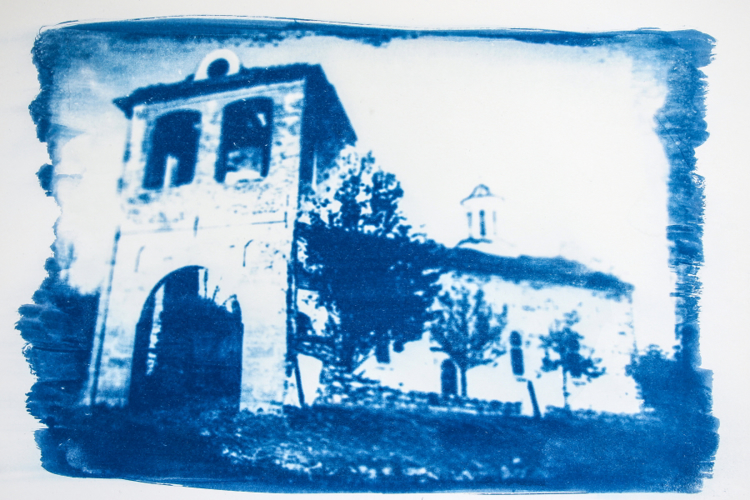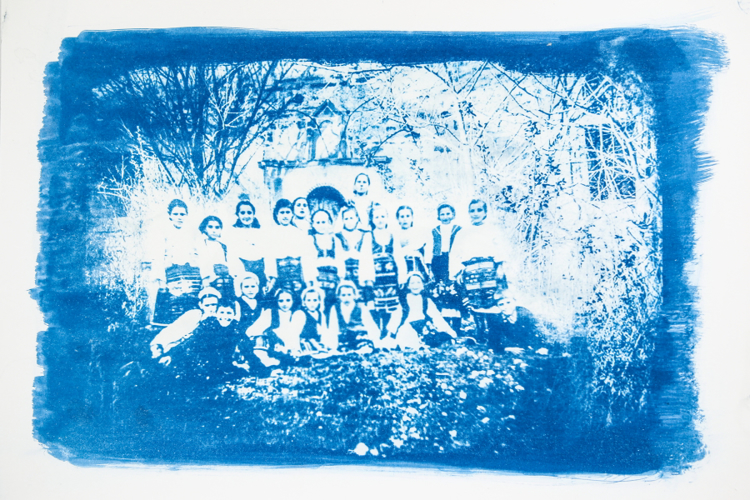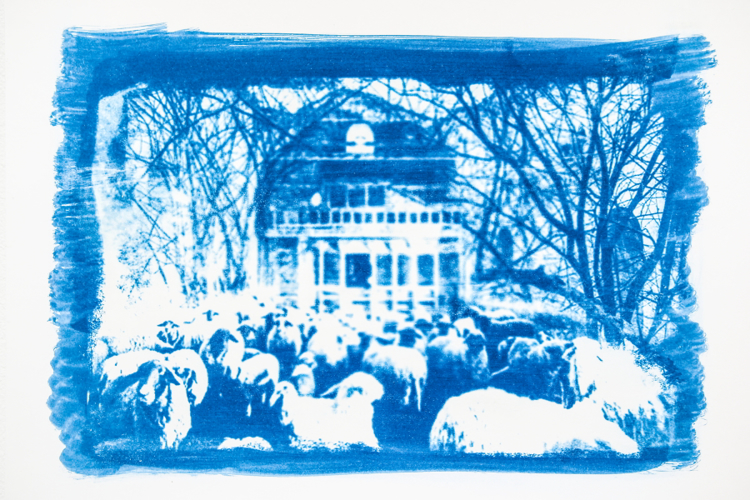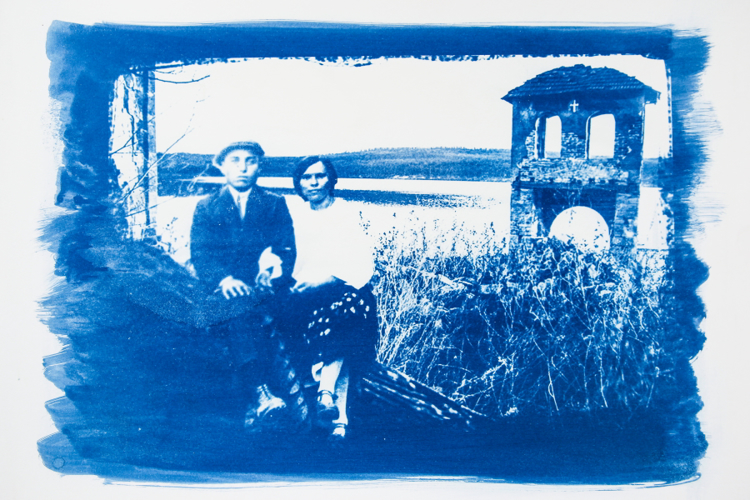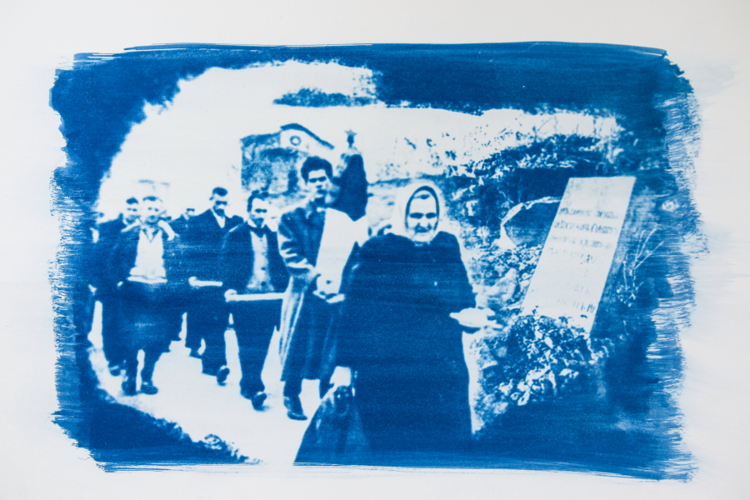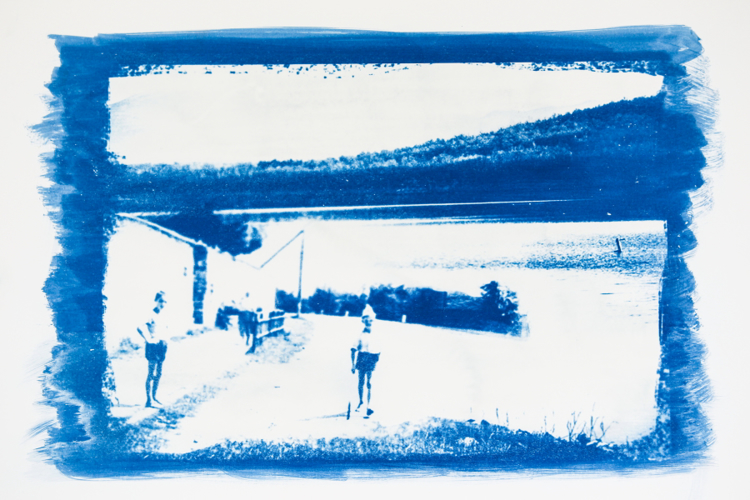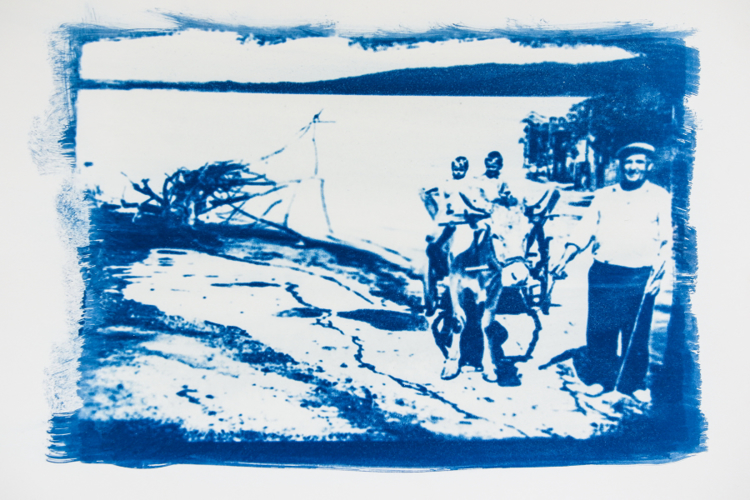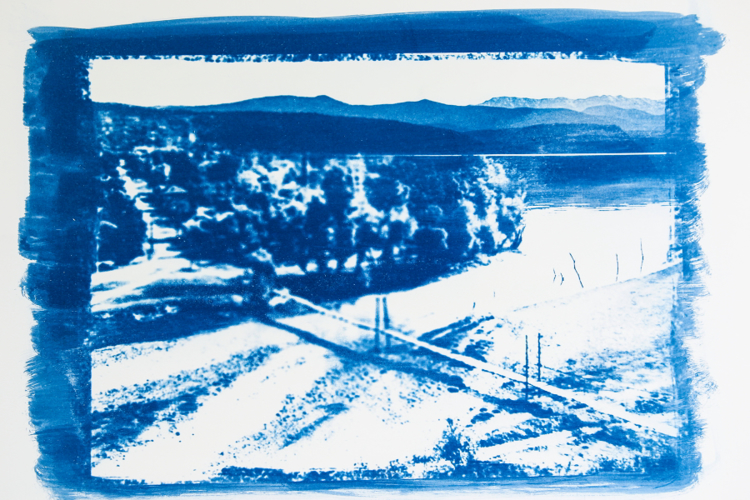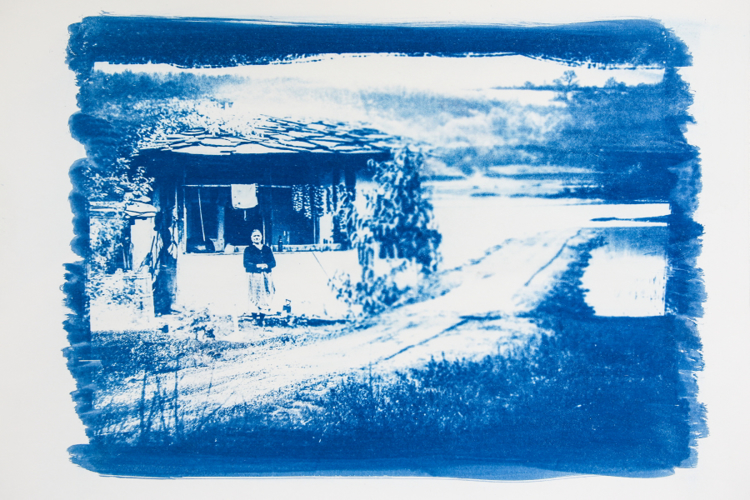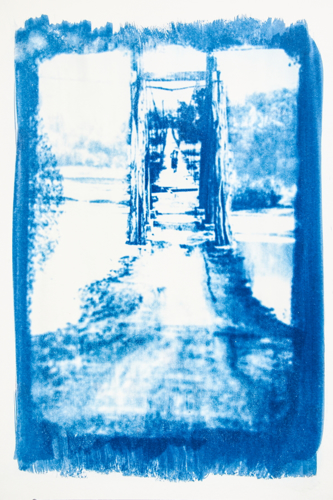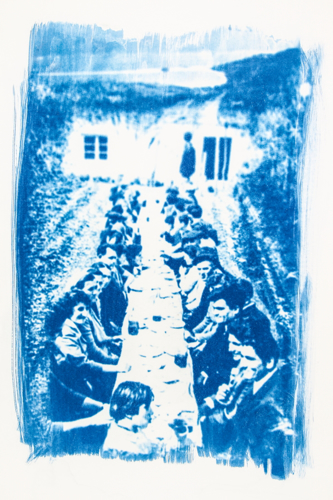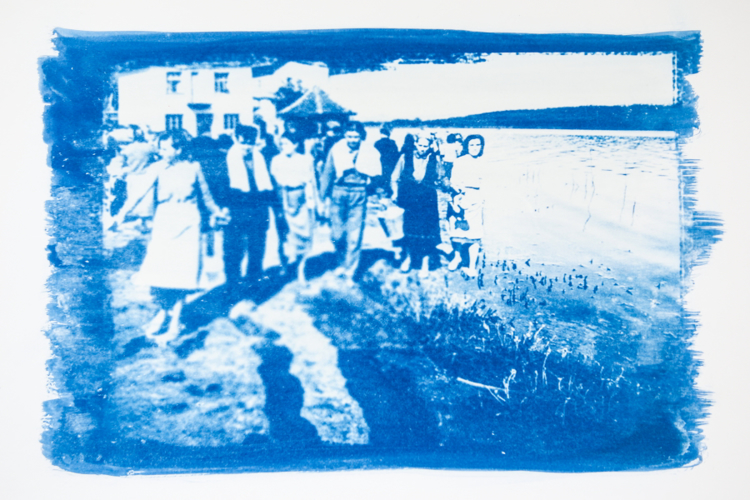Zhivovtsi is a village in North-western Bulgaria in which over 900 people lived till the mid-sixties. Apart from a church, school, library, bread bakery, there were a tin can factory, animal-breeding house, railway station, four water mills, three threshing machines and five brass-bands in the village. Today Zhivovtsi lies at the bottom of the lake Osta. In 1965 the state issued a decree for the eviction of Zhivovtsi and the neighbouring village of Kalimanitsa – the birthplace of the famous Bulgarian writer Yordan Radichkov. The largest dam lake on the Balkan Peninsula was supposed to be built on the territories of the two villages. The villagers had to take their houses apart themselves and take them to the designated building area in the peripheries of the two nearby towns – Berkovitsa and Montana (the then town of Mihaylovgrad). Later on the dam plans were changed – the water never reached the village of Kalimanitsa and Zhivovtsi remained at the lake’s edge. Today the only remnants of Zhivovtsi are the ruins of the church Sveto Voznesenie (Holy Ascension), left on the bank along with the burial grounds and the remains of several houses.The cyanotype series Zhivovtsi tells the story of the vanished village by combining present-day photographs from the dam area and archive photographs from the collection of the ethnographer Dimitar Tserovski. With its characteristic aesthetics, the cyanotype, a photographic development method dating back to the middle of the nineteenth century, muddies the borders between the archive and the contemporary storylines and focuses the attention towards the intermediary space of memory.
Antina Zlatkova was born in Montana in 1990. She graduated Communication Sciences at the University of Vienna and Interdisciplinary Art at the University of Applied Art in Vienna. She is author of two poetry books. Her interdisciplinary artistic work is centred round the concepts of personal and collective memory in their historical and socio-political context.

